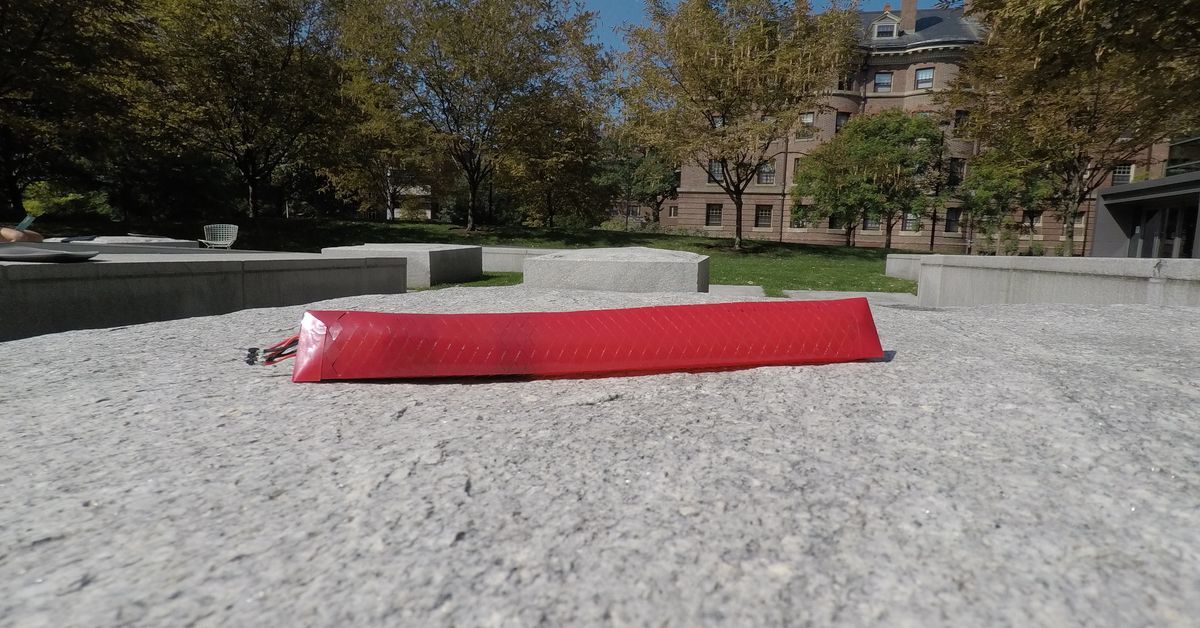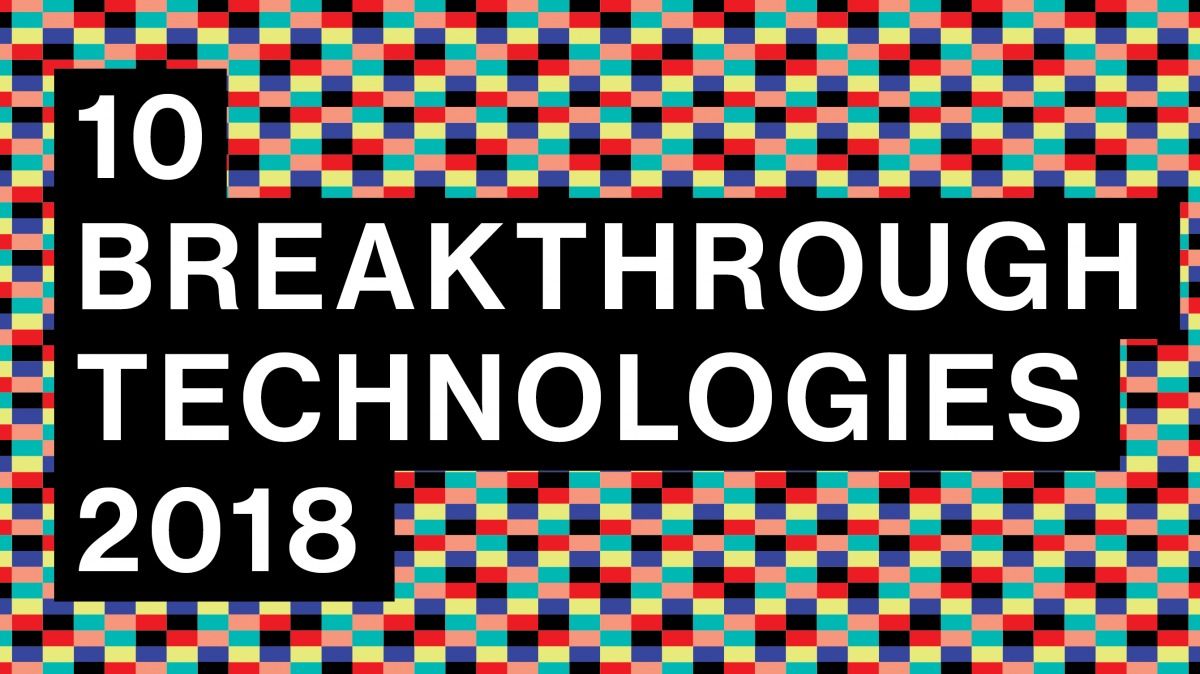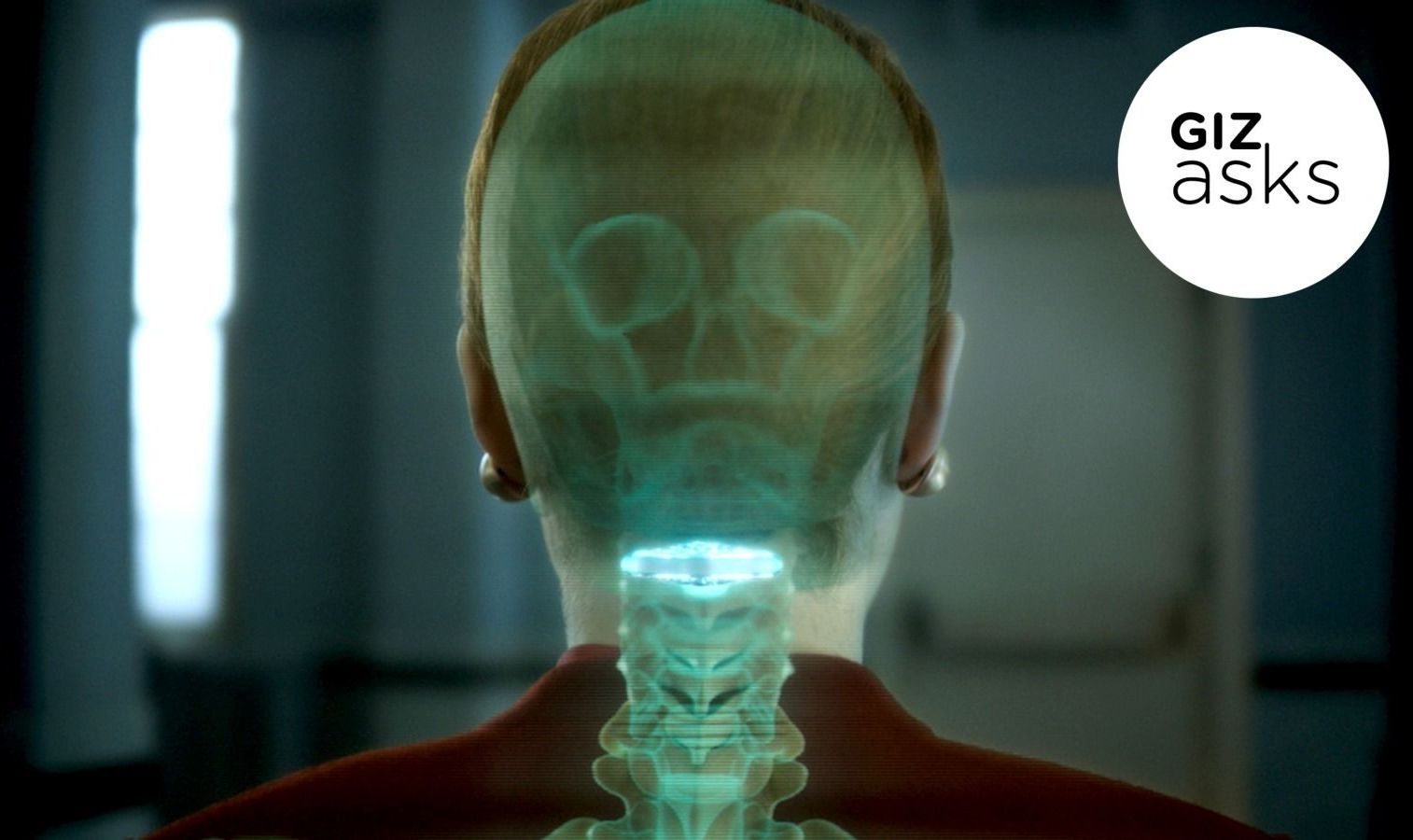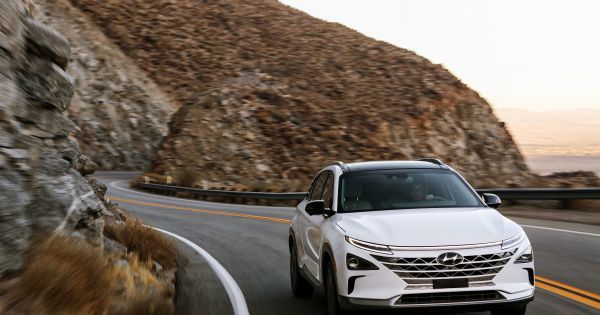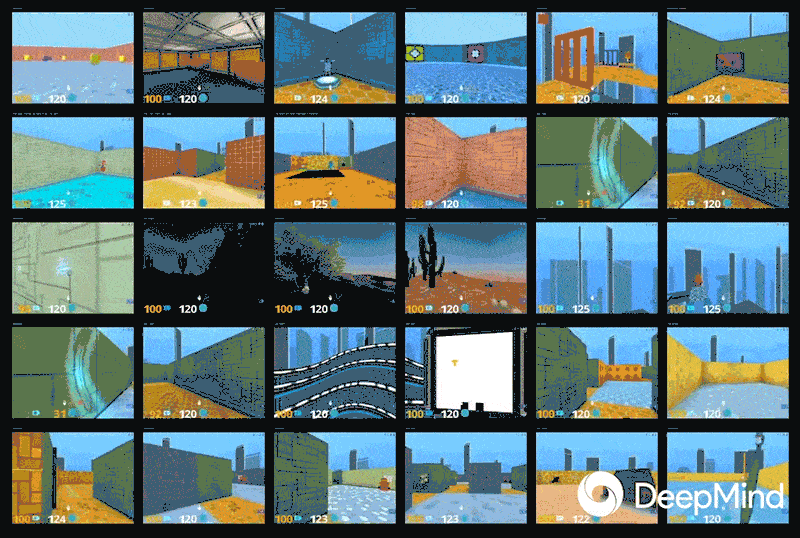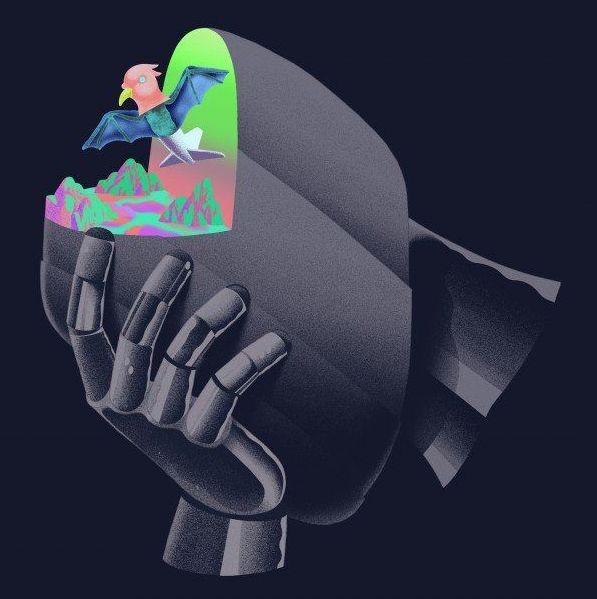The world is getting flooded with tiny (creepy) robots that can crawl all over the place, including your clothes. The latest one, created by scientists at Harvard University, uses artificial scaly skins to move forward — kind of like a snake.
The soft robot is just a silicone rubber tube. But what’s special about it is its skin — a thin, stretchable plastic sheet that’s been cut with a laser. The cuts, in the shape of triangles or circles, resemble the scales on the skin of snakes. When air is pumped into the tube, the robot expands and contracts, allowing the scales to pop up, anchor against the surface, and pull the robot forward. In a study published today in Science Robotics, scientists showed that the artificial snakeskins work against rough surfaces like asphalt and concrete. In the future, these robots could be scaled down and used to deliver drugs inside arteries, or in disaster situations where bots need to crawl inside narrow spaces.
